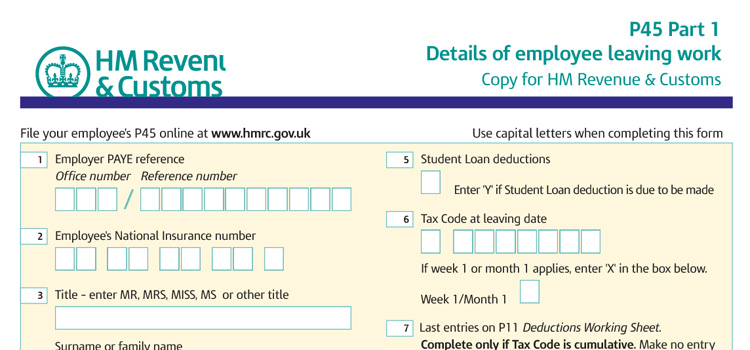The Svartedalens Experiment

Sweden are experimenting with a shorter working day:
“I used to be exhausted all the time, I would come home from work and pass out on the sofa,” says Lise-Lotte Pettersson, 41, an assistant nurse at Svartedalens care home in Gothenburg. “But not now. I am much more alert: I have much more energy for my work, and also for family life.”
The Svartedalens experiment is inspiring others around Sweden: at Gothenburg’s Sahlgrenska University hospital, orthopaedic surgery has moved to a six-hour day, as have doctors and nurses in two hospital departments in Umeå to the north. And the trend is not confined to the public sector: small businesses claim that a shorter day can increase productivity while reducing staff turnover.
Oh but:
Despite the positive signs, the experiment is likely to end next year – the centre-left coalition on Gothenburg council has lost its majority, and the Conservatives and Liberals are firmly opposed to reduced working hours.
Of course!
★ Buy the latest print issue of New Escapologist at the shop; buy our most popular digital bundle; or pre-order the book.
Freedom From / Freedom To

Should we choose “freedom from” or “freedom to”? The safe cage or the dangerous wild? Comfort, inertia and boredom, or activity, risk and peril? Being human and therefore of mixed motives, we want both; though, as a rule, alternately. Sometimes the desire for risk leads to boundary-crossing and criminal activity, and sometimes the craving for safety leads to self-imprisonment.
Such a great article by Margaret Atwood.
Minus our freedom, we may find ourselves no safer; indeed we may be double-plus unfree, having handed the keys to those who promised to be our defenders but who have become, perforce, our jailers. A prison might be defined as any place you’ve been put into against your will and can’t get out of, and where you are entirely at the mercy of the authorities, whoever they may be. Are we turning our entire society into a prison? If so, who are the inmates and who are the guards? And who decides?
★ Buy the latest print issue of New Escapologist at the shop; buy our most popular digital bundle; or pre-order the book.
Travel Time

I make quite a song and dance in Escape Everything! and New Escapologist about commuting time.
It’s seldom counted as part of the working day, so any number of hours are lost to sitting in buses or train or traffic jams. It’s completely unpaid and completely fruitless. You’re trapped in a tin box and you’re slowly dying, en-route to somewhere you don’t really want to be.
Well, it looks like there’s been a breakthrough:
Large numbers of workers could be entitled to more pay or a reduction in hours after the European court of justice ruled that travel to and from some jobs could be counted as part of a working day.
Result!
At the moment it applies to people who don’t have a conventional, static workplace and instead commute from home to a job site. Social workers for example, might travel from their home to the home of a client. This sadly doesn’t include those who travel from home to the same office each morning. Still, it’s one hell of a start.
The judgment said: “During the necessary travelling time – which generally cannot be shortened – the workers are therefore not able to use their time freely and pursue their own interests.
There will, of course, always be a Negative Nancy:
one employment lawyer said the judgement could have unintended repercussions […] “The need to pay employees for travel time means that for some businesses the servicing of clients in remote areas may no longer be profitable.”
Good! There’s a popular school of thought that if your business is dependent on involuntary free servitude, you shouldn’t be in business.
★ Buy the latest print issue of New Escapologist at the shop; buy our most popular digital bundle; or pre-order the book.
Reasons to Quit

A clickbaity item detailing “9 telltale signs it’s time to quit your job” reminds us that the ball’s in the employee’s court when it comes to staying or going, but misses that the nine “signs” are actually just common traits of almost any modern job:
– You dread going to work;
– You know more than your boss;
– The company is circling the drain;
– You’re out of the loop;
– You’ve lost your passion;
– You have a bad boss who isn’t going anywhere;
– There’s no room for advancement;
– Your health is suffering;
– Your personal life is suffering.
All offices lead to bad health because of the stress, the cakes, the sitting on your backside all day, the lack of natural light and the boredom.
Everyone‘s smarter than their boss because (to put it bluntly) shit floats.
Anyone with a brain in their nut dreads going to work because work is horrible.
And passion? People who say “passion” in relation to work almost certainly don’t know what the word really means.
Staying in a bad job for too long can be very harmful to your career. If you’ve tried everything you can think of to make things better and haven’t seen any big changes, it may be time to move on.
It’s also “very harmful” to your life, liberty and marbles.
Still, I agree that we can always be classy about making an exit:
If you do decide to leave, be smart about it. Don’t burn bridges by venting about all of the reasons you’re leaving. That accomplishes nothing, and could even haunt you later. Instead, simply explain that you’re leaving to pursue another opportunity, and then do so graciously.
★ Buy the latest print issue of New Escapologist at the shop; buy our most popular digital bundle; or pre-order the book.



